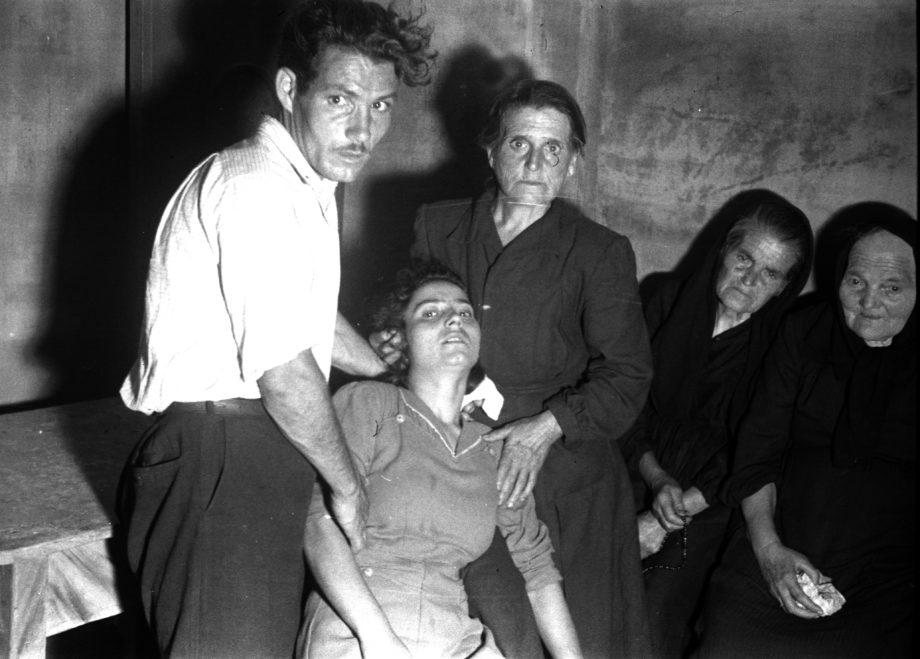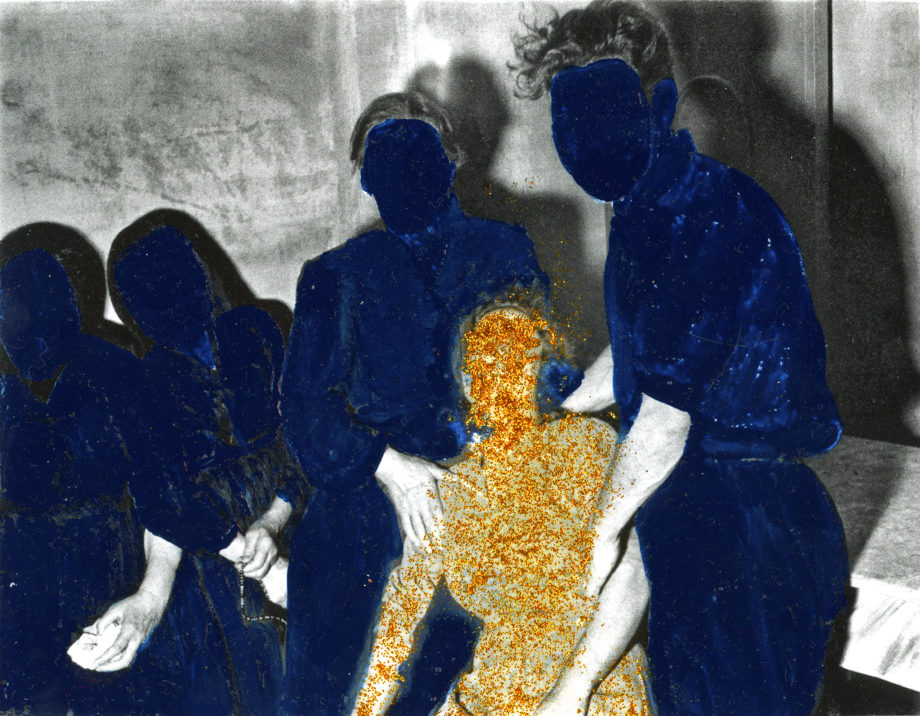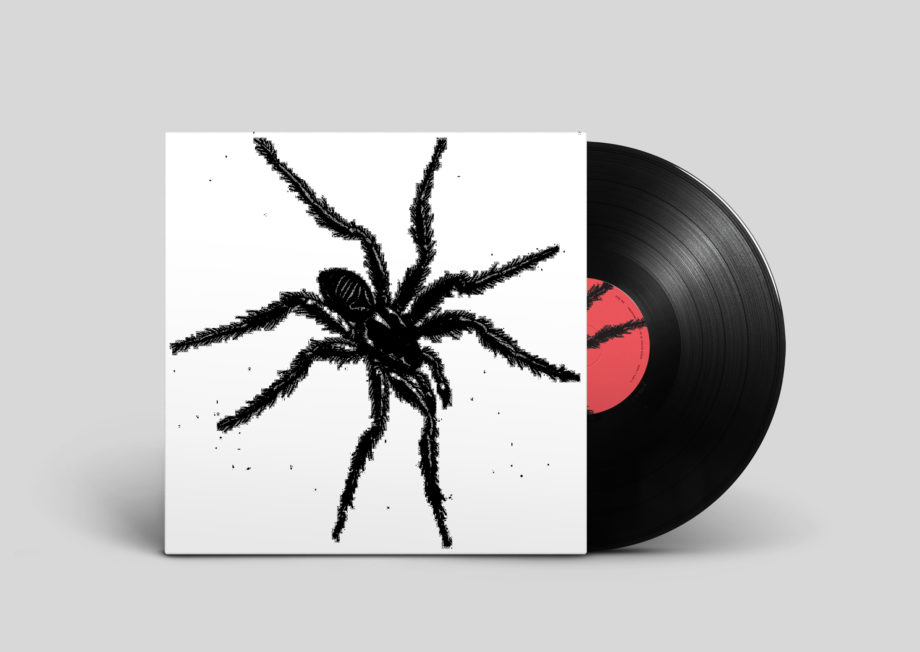Part 2 | Session 3 | 25 Apr 2024 | Decolonizing and/or Re-Appropriating the Archive?
„An archive may be largely about ‚the past‘ but it is always ‚re-read‘ in the light of the present and the future: and in that reprise, as Walter Benjamin reminds us, it always flashes up before us as a moment of danger“
Stuart Hall [1]
Starting from the assumption that archives are not inert historical collections and thus not merely static repositories of history, this lecture traces the re-reading of a particular set of archival documents via artistic (re-)appropriation and asks what the inherent “moments of danger” might be. What happens when archives – especially those created by anthropologists and scientific documentarians – are (re-)appropriated by indigenous or local populations and deliberately, re-worked, overwritten, re-composed or painted over?
Session 3 extends the notion of colonial archives by including a set of Italian archival materials as examples of internal colonization, hegemony and coercion within Europe. Engaging with the rich archive material assembled in the context of Italian anthropologist Ernesto De Martino’s (1908-1965) research trips to the Italian south in the 1960s, it presents and discusses various artistic interventions with the multimodal records.
Southern Italian artist Alessia Rollo, for example, uses pins to pierce the surfaces of archival black-and-white negatives or overpaints them with bright colours. The British Journal of Photography asserts that «[t]hrough this heightened aesthetic, Rollo valorises the magical and establishes an alternative visual language to the clinical documents of the archives.”
Not only photographers, painters, and performers engage with the historic documents, but also sound designers and DJs multimodally interact with archival sound recordings.

© Chiara Samugheo, photo from the series Le Invasate (1954). These are the very first photos that exist of the phenomenon of tarantism, a nervous disease popularly believed to result from the bite of a poisonous spider. Image courtesy of Giuliana Campanale.

© Alessia Rollo, “In Trance” from the series Parallel Eyes (2019). Rollo uses Samugheo’s original photo in reverse. The faces of the afflicted are made unrecognizable by the artistic intervention. Image courtesy of Alessia Rollo.

©FLEE, Tarantismo: Odyssey of an Italian Ritual (FLEE 002, 2019), record cover. Image courtesy of FLEE.
Original sound recording by ethnomusicologist Diego Carpitella “Santu Paulu meu de Galatina” (1960) reworked by producer, DJ and sound designer Bottin, taken from release FLEE 002 Tarantismo: Odyssey of an Italian Ritual, recording courtesy of FLEE
But do artistic interventions inevitably “decolonize” an archive? By discussing selected examples of engagements in the light of cultural (re)appropriations, the lecture argues that even critical engagements with colonial and/or hegemonic archives might promote a potentially essentializing heritagization.
[1] Stuart Hall. 2001. “Constituting an archive”, Third Text, 15 (54): 92.
Further Readings:
Paul Basu. [Re:]Entanglements. Nigeria | Sierra Leone | Re-engaging with Colonial Archives in Decolonial Times.
Paul Basu and Ferdinand De Jong. 2016. “Utopian archives, decolonial affordances Introduction to special issue”, Social Anthropology, 24: 5–19.
Giulia Battaglia, Jennifer Clarke, Fiona Siegenthaler. 2020. “Bodies of Archives / Archival Bodies: An Introduction”, Visual Anthropology Review, Vol. 36 (1): 8-16.
Stuart Hall. 2001. “Constituting an archive”, Third Text, 15 (54): 89–92.
Kate Hennessy and Trudi Lynn Smith. 2018. „Fugitives: Anarchival Materiality in Archives“, Public, Vol. 29 (57): 128 – 144.
Michaela Schäuble. Forthcoming. “Contesting Heritage: Artistic and Cultural (Re)appropriations of Apulian Tarantism”, in Performance: The Ethics and the Politics of Care, Vol. 2, edited by Hanna B. Hölling, Jules Pelta Feldman, Emilie Magnin. Routledge: Oxford & New York.
Julietta Singh. 2018. No Archive will restore you. Punctum Books. https://library.oapen.org/bitstream/handle/20.500.12657/25399/1004696.pdf?sequence=1&isAllowed=y
Michaela Schäuble is professor for social anthropology with a focus on media anthropology, and co-founder of EMB – Ethnographic Mediapsace Bern, both at the University of Bern, Switzerland. She works and teaches across the fields of ecological and digital humanities, (post)colonialism and cultural heritage, with a methodological interest in artistic research and experimental ethnography. Her research explores apparatuses of belief in the broadest sense, specifically the role of mediality and remediation in contexts of religious practice and experience.
Zainabu Jallo is a postdoctoral researcher and lecturer in anthropology at the Universities of Basel and Bern, Switzerland. Her scholarly interests include museum anthropology, Afro-Atlantic diaspora studies, iconic criticism, and material culture. She is co-producer of Ethnographic Imagination Basel.

































